Formidable Info About How To Manage Menopause
In 2021, women aged 50 and over accounted for 26% of all women and girls worldwide, up from 22% 10 years earlier.
How to manage menopause. Keeping your bedroom at a lower temperature at night; Vaginal dryness, hot flashes, and sleep problems can often be treated with otc remedies, herbal supplements, and lifestyle changes. Hot flushes and night sweats.
Begin with a commonsense approach. It’s something natural, but many people don’t like to talk about: Instead, treatments focus on relieving your signs and symptoms and preventing or managing chronic conditions that may occur with aging.
When you may need a provider. Third, consider materials. We asked a few people to share their personal stories.
Consider the following to help you get a better night’s sleep. It's not just for young people: Hot flashes can include a feeling of intense heat, sweating, flushed cheeks, increased heart rate, and even tingling.
Getting enough rest by winding down at night and sleeping seven to eight hours can improve symptoms.; Get plenty of rest, including keeping to regular sleep routines. Menopause is having a moment and the added buzz includes a new product introduced to the public.
This stage can last between two and eight years. Most women find these symptoms manageable and choose not to have treatment. Updated on may 21, 2023.
During menopause, it seems like you’re always tired. Menopause is the time in life when you stop having monthly periods. Gentle, daily exercise can improve fatigue, cramping, and low mood.;
Calcium is critical in keeping your bones strong and healthy, especially as you lose estrogen. How to manage menopause. The average healthy woman begins menopause at 51, though some women will begin in their 40s or in their late 50s.
Ways to manage the symptoms of menopause include lifestyle changes, menopausal hormone therapy, and complementary therapies. Keeping a small fan nearby that can be flipped on as needed; Treating hot flashes.
Manage symptoms and avoid complications. But the physical symptoms, such as hot flashes, and emotional symptoms of menopause may disrupt your sleep, lower your energy or affect emotional health.
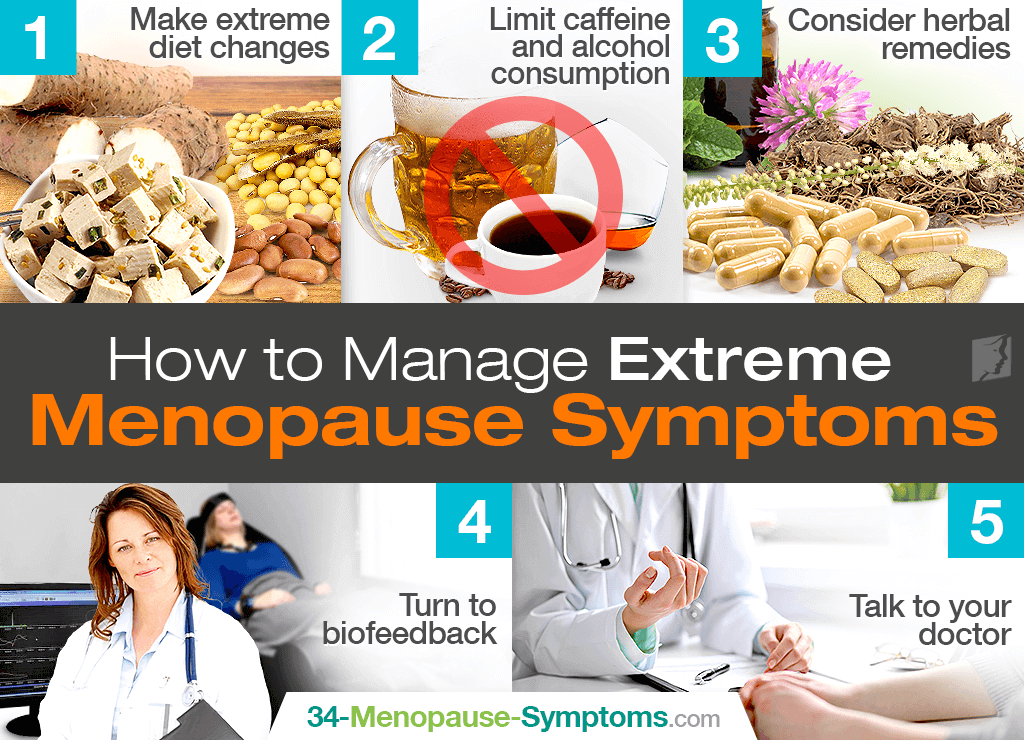
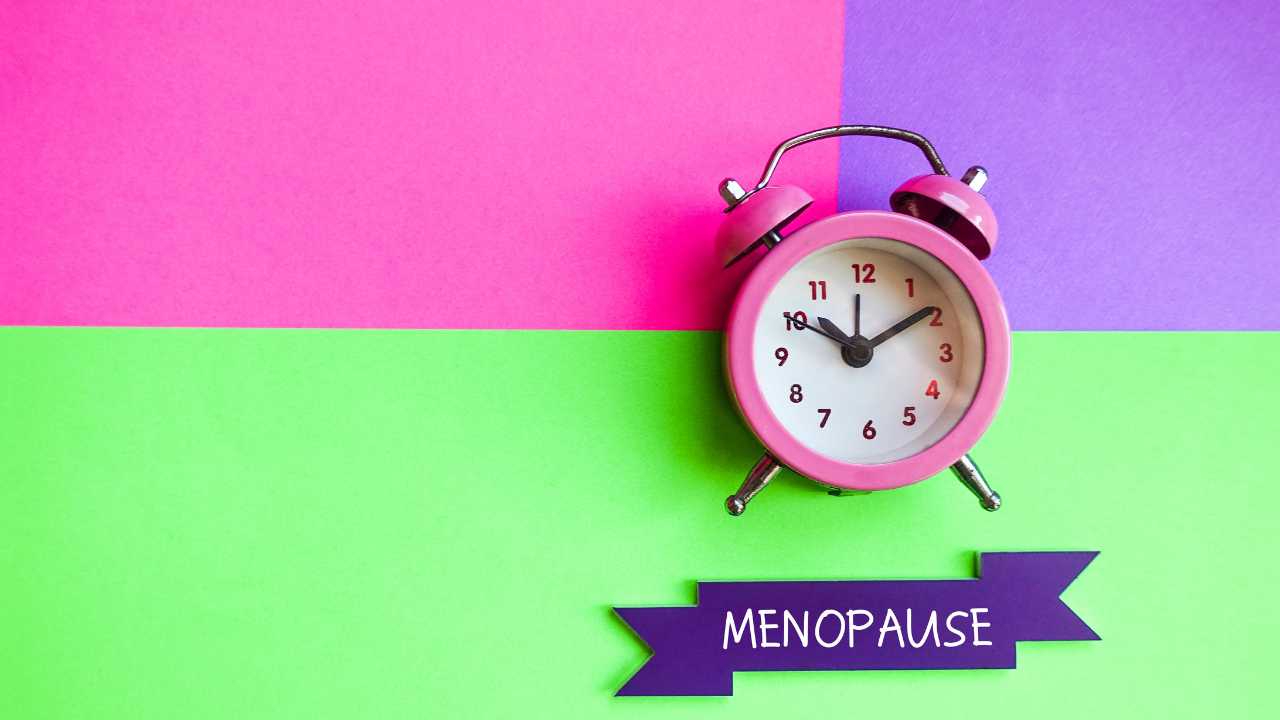

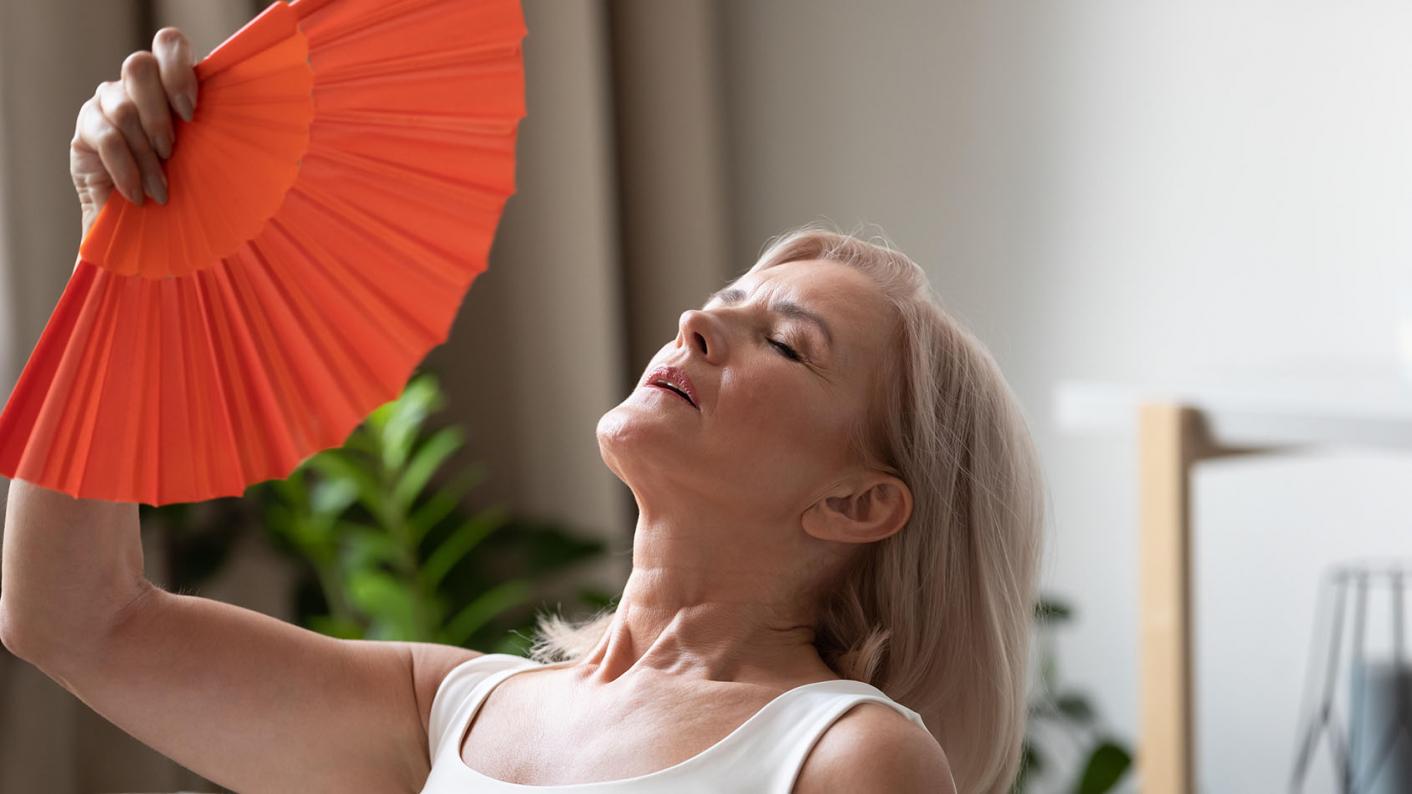
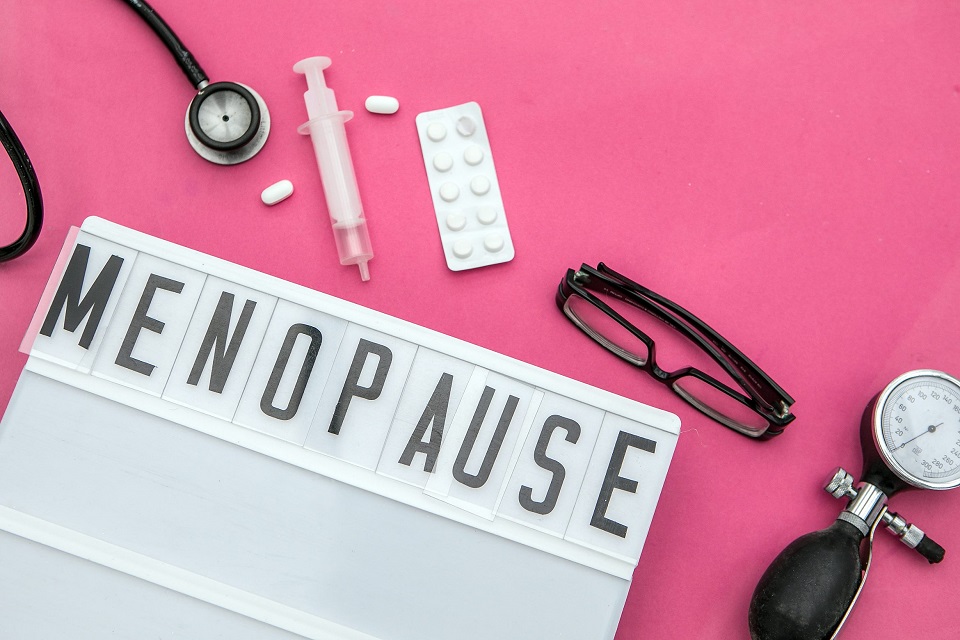


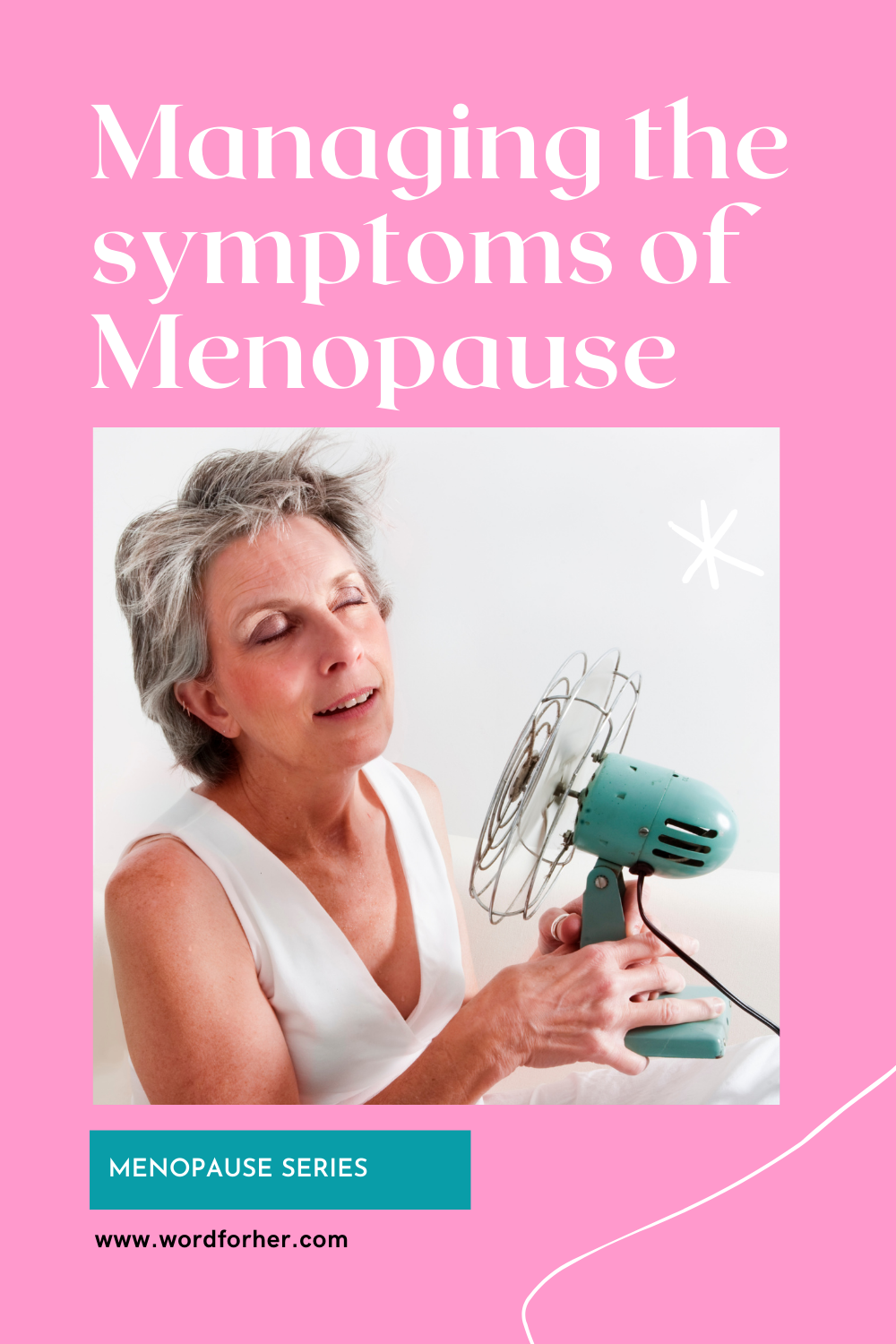


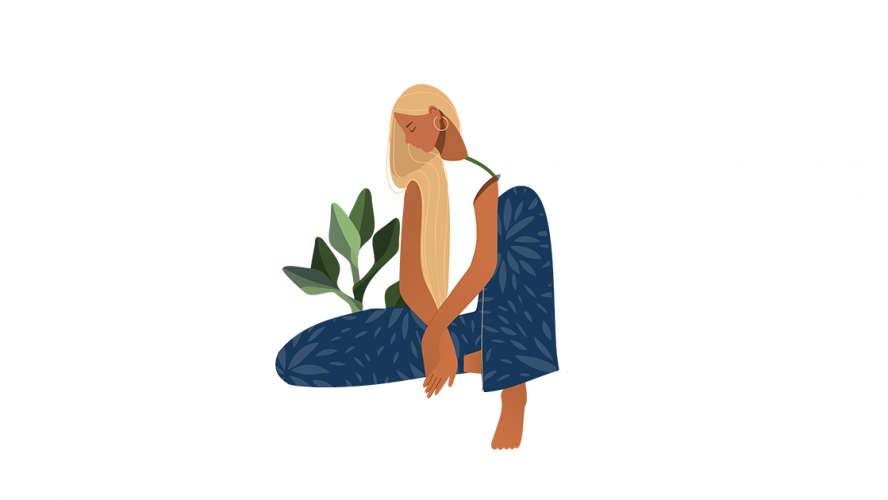
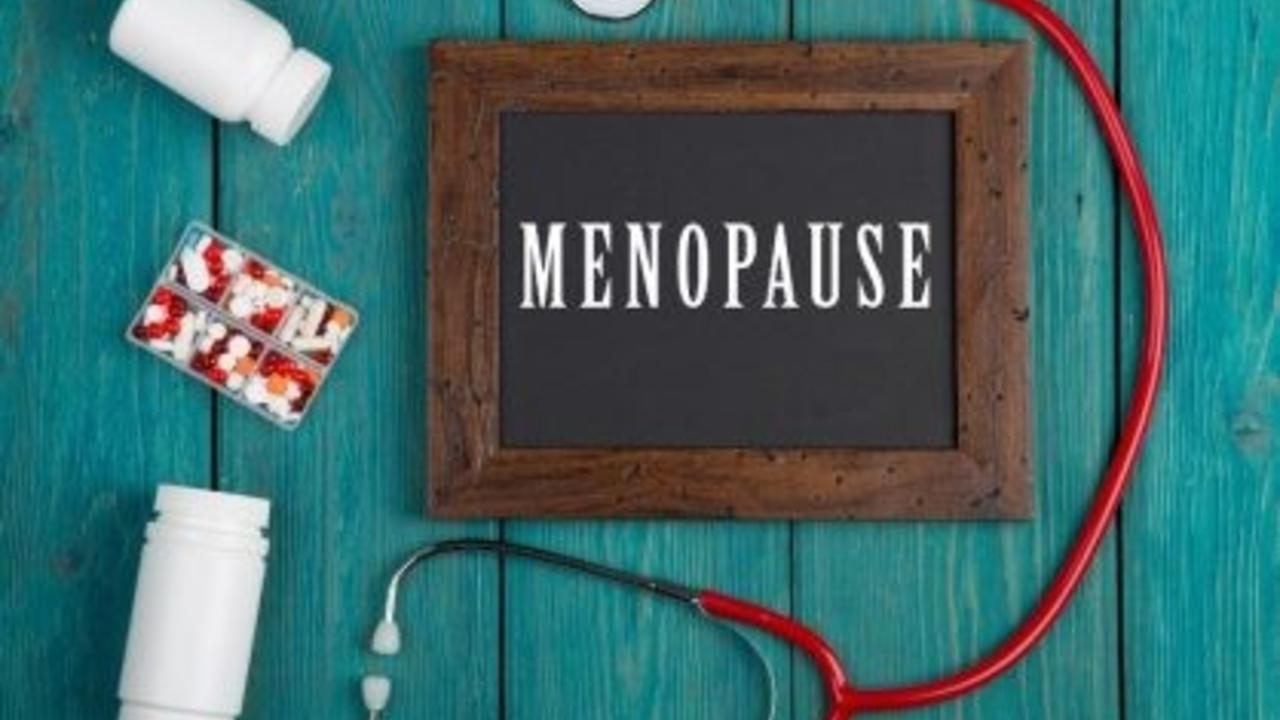




![Herbs for Managing Menopause [Infographic] Bell Wellness Center](https://bell-wellness.com/wp-content/uploads/2018/03/Menopause3.png)

